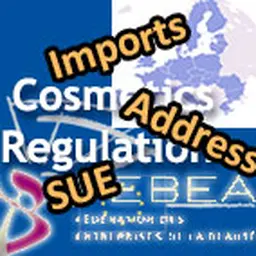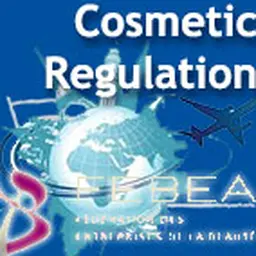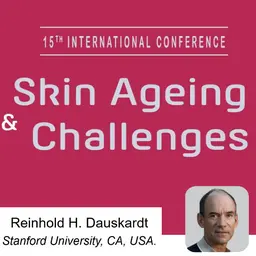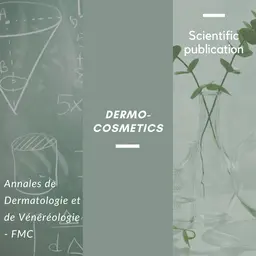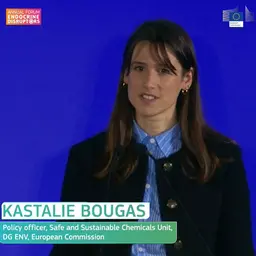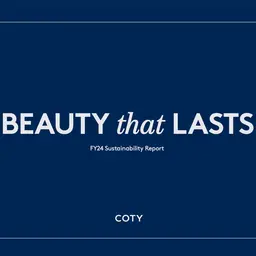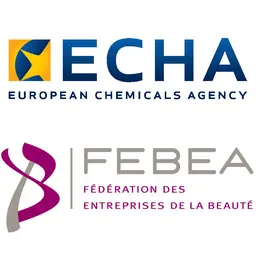
European Cosmetics Regulation 1223/2009, which entered into force on 11 July 2013, is directly applicable in the 31 countries of the European Economic Area. This means that it applies without the need for transposition into national legislation and in the same way throughout the Community. A beautiful principle, a pledge of equality and simplicity… yet a little harmed in fact, here or there. The FEBEA devoted an afternoon of conferences to this subject on 13 April 2015. Starting with some French Decrees, still pending or already not in fact all in coherence with the reference text.
Almost two years after the advent of the Cosmetics Regulation, its full implementation in France is still experiencing some ups and downs. Declaration of establishment, labelling of bulk goods, procedures for cosmetovigilance, diplomas required to exercise the function of safety assessor… as many points that the European text left to the good care of the national authorities to organise on their respective territories. Raffaella Berioli, FEBEA's Scientific and Regulatory Advisor, began this conference session with the situation in France, with its areas still dotted with shadows and its already contentious points.
The DDADUE and its Decrees
To be directly applicable, a European regulation nevertheless requires national laws to be adapted to its provisions. In France, this step was accomplished with the DDADUE law (Law No. 2014-201 of 24 February 2014 on various provisions for adaptation to European Union law in the health field), Article 3 of which aims to adapt the Public Health Code to the Cosmetics Regulation. For the FEBEA, says Raffaella Berioli," the French text complies with Community law on cosmetic products ", but… the story is not finished: texts remain to come…
Article L. 5131-8 of the DDADUE law specifies that : " A Decree in Council …

